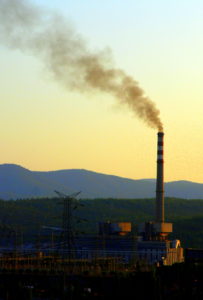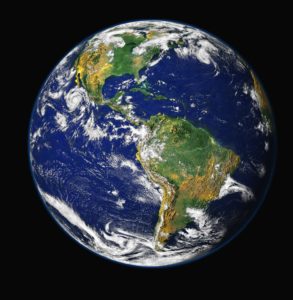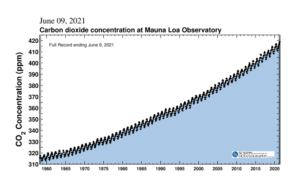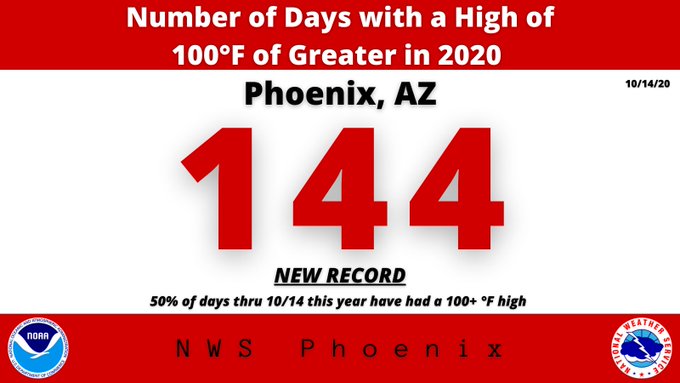
It turns out that many companies are really, really underreporting the amount of planet warming gases (greenhouse gas emissions) that they release into the air. These pollutants (carbon dioxide and other gases) are causing the world to have increasingly higher temperatures. Uh-oh...
This underreporting has been exposed by Climate Trace - a project to measure at the source (of the pollution) the true levels of carbon dioxide and other global heating gases. Climate Trace released a report this week showing that oil and gas facilities around the world are emitting greenhouse gas emissions about three times higher than their producers claim. (Are you surprised that the big companies are lying?? Hah!)
In fact, half of the 50 largest sources of greenhouse gases (e.g., carbon dioxide, methane) in the world were oil and gas fields and production facilities.
Climate Trace (a non-profit group of academic scientists, environmental groups, technology companies) used evidence from satellites, remote sensors and other sources, and artificial intelligence to track who is polluting and how much throughout the world.
It's a big deal that finally there is monitoring of big polluters rather than we (including governments) taking them at their word. Will this finally result in serious action taken to reduce the amount of air pollutants being released by big companies? Hopefully.
Two good articles. 1) From NY Times: Who’s Driving Climate Change? New Data Catalogs 72,000 Polluters and Counting
A nonprofit backed by Al Gore and other big environmental donors says it can track emissions down to individual power plants, oil fields and cargo ships.
Upstream from Shanghai along the Yangtze River, a sprawling factory complex in eastern China is churning out tens of millions of tons of steel a year — and immense quantities of planet-warming gases.
...continue reading "Factories Underreport Their Greenhouse Gas Emissions"



 Congratulations America! The contiguous (lower 48 states) United States just had its hottest summer ever! This is not something to brag about, but a taste of coming attractions due to climate change. This year we've had heat wave after heat wave, drought in the west, humid tropical-type heat in the east, hurricanes, tornadoes, tropical storms, and so on. Whew...
Congratulations America! The contiguous (lower 48 states) United States just had its hottest summer ever! This is not something to brag about, but a taste of coming attractions due to climate change. This year we've had heat wave after heat wave, drought in the west, humid tropical-type heat in the east, hurricanes, tornadoes, tropical storms, and so on. Whew...
